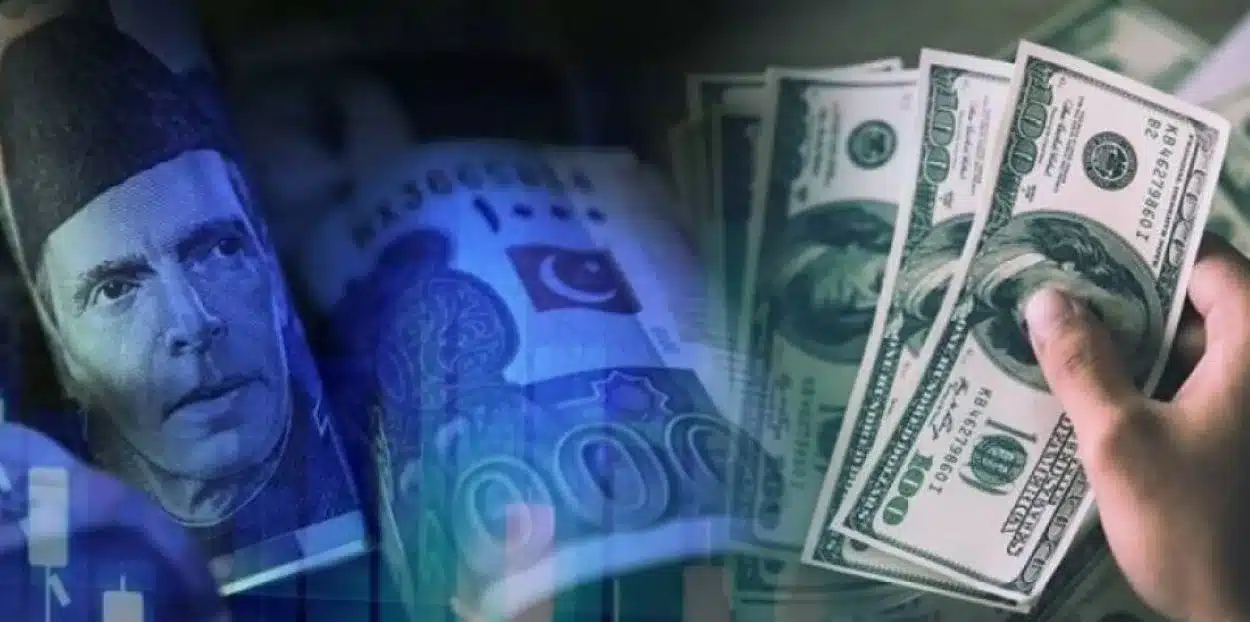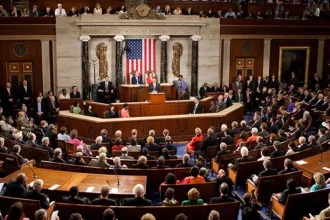The Pakistani rupee has experienced a record-low value amid the political turmoil and clashes following the arrest of Pakistan Tehreek-e-Insaf (PTI) chairman Imran Khanb=.
The local currency has fallen by Rs8.78 or 3.02% against the US dollar, with the exchange rate reaching 299 in the interbank market. The decline has kept the rupee just from the anticipated rate of Rs300 per dollar.
In addition to the political unrest, the rupee depreciation has been exacerbated by the widening gap in the demand and supply of the US dollar in the interbank market. Exporters have stopped selling US currency due to speculations that the rupee will continue to depreciate, while importers are rushing to buy dollars. This imbalance has contributed to the devaluation of the rupee.
Read: Pakistan Faces Default Risk Without IMF Program: Moody’s Warning
The depreciation of the rupee has resulted in the accumulation of foreign debt without taking new external loans and has made imports more expensive for Pakistan. As a result, the country faces a high inflation rate of 36.4% in April 2023, the highest in six decades.
Financial experts believe that the rupee’s decline is primarily due to the political and social unrest resulting from the arrest of PTI Chairman Imran Khan.
Despite the economic uncertainties and the depreciation of the rupee, the Pakistan Stock Exchange (PSX) has maintained its position, as investors have found solace in the clarity provided by the International Monetary Fund (IMF). The benchmark KSE-100 index was trading at 41,224.31 points, up by 149.36 points or 0.36%.
The IMF spokesperson has stated that the Fund remains engaged with Pakistan for its loan program and has not seen any indications that Pakistan wants to pause negotiations on disbursement from the current program. This assurance comes in response to concerns that the current political situation may create more obstacles in reviving the bailout program.






